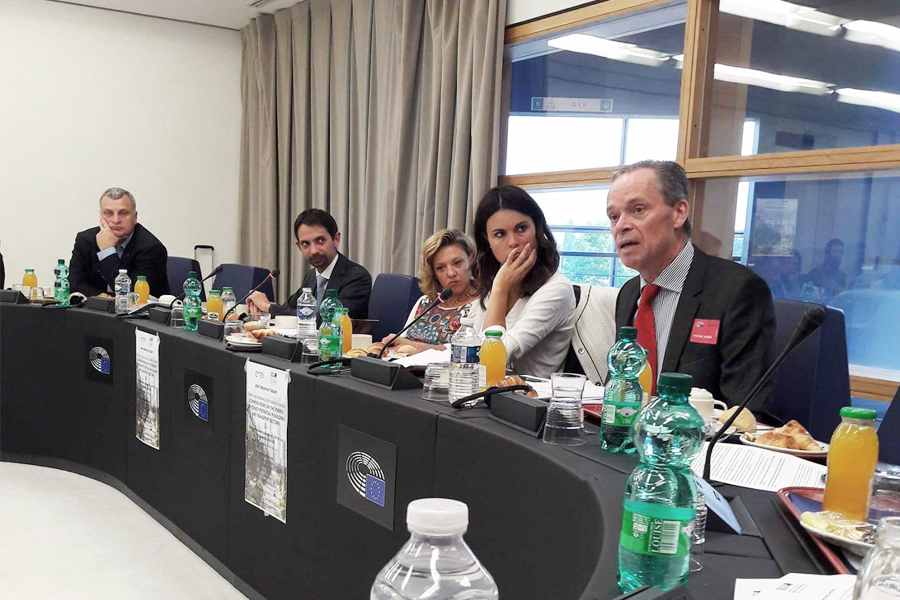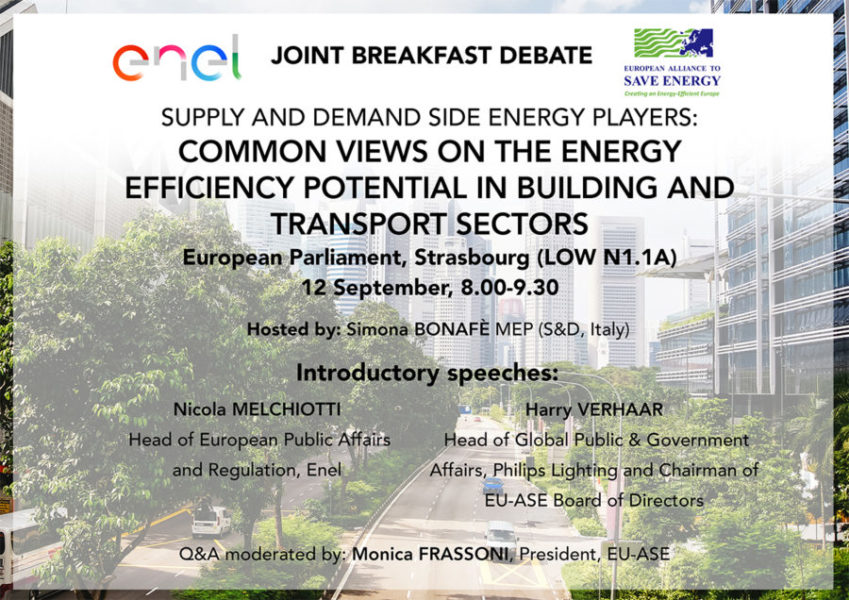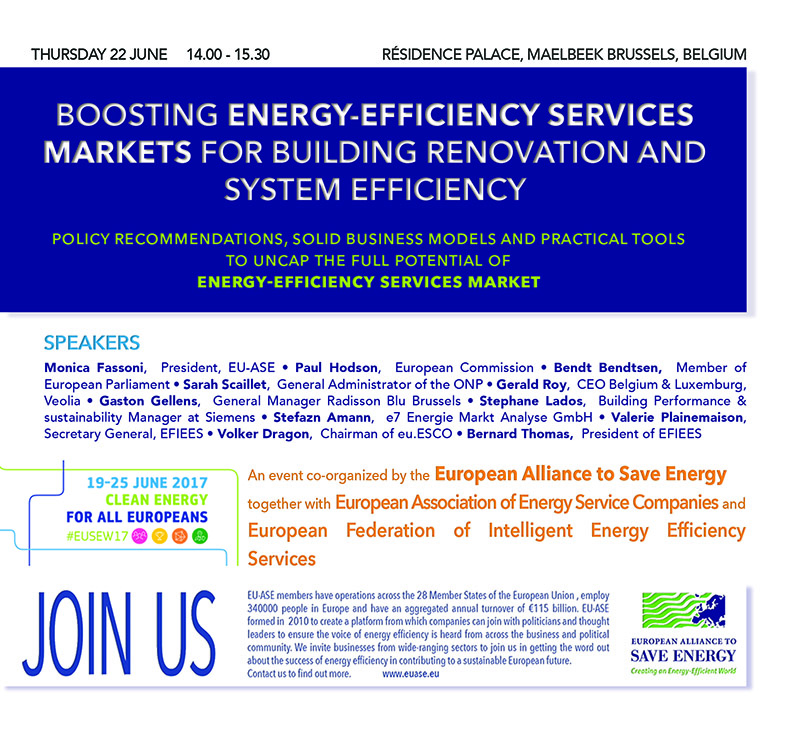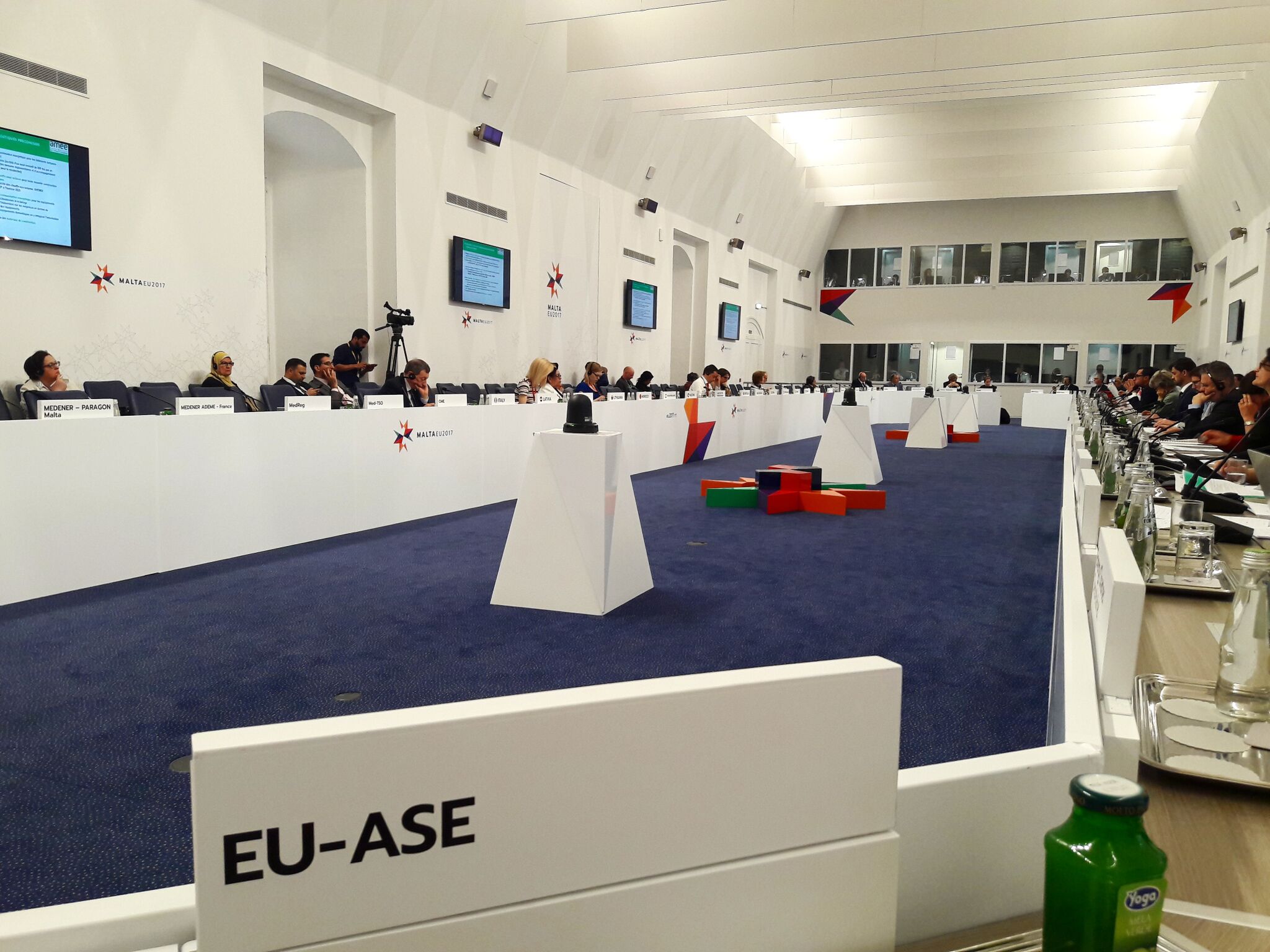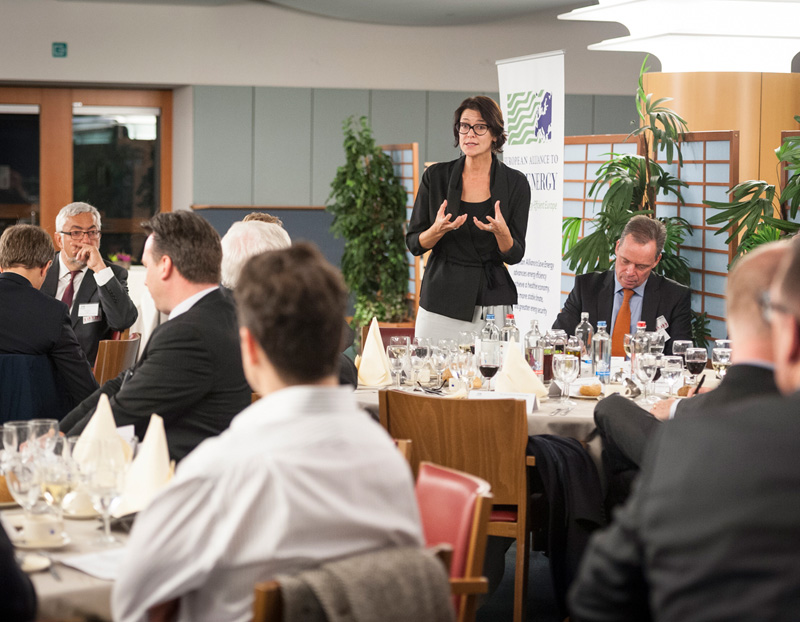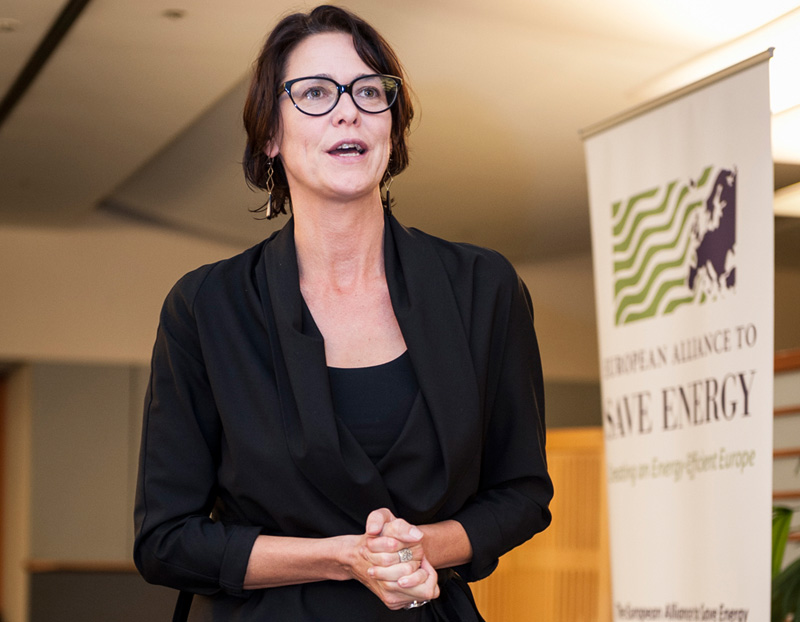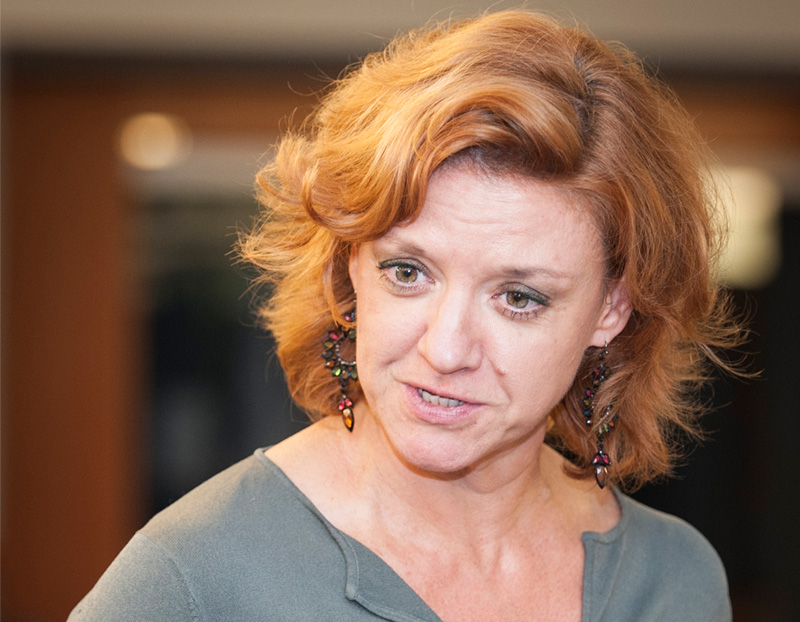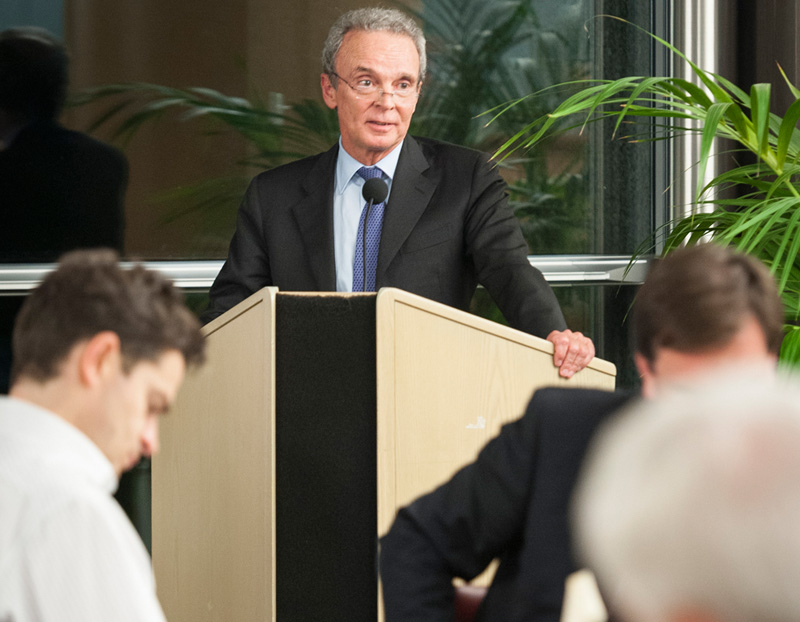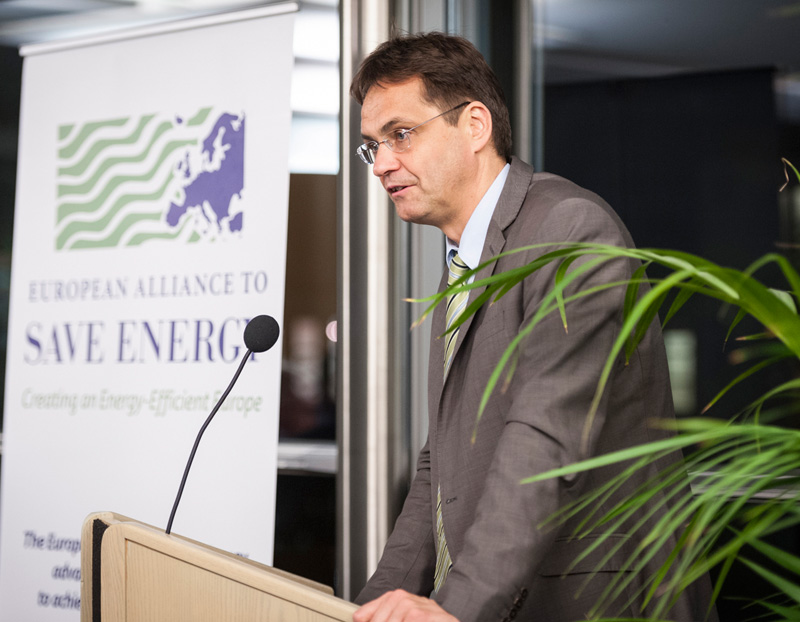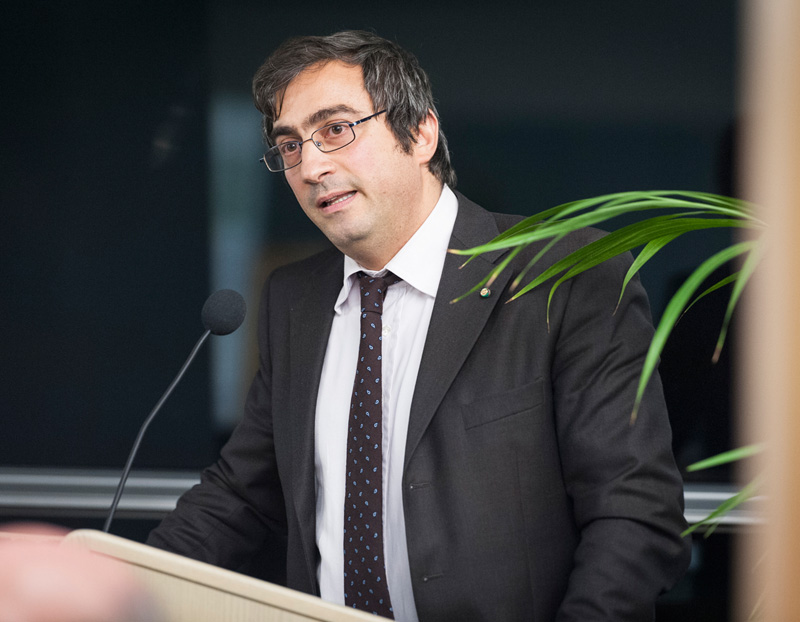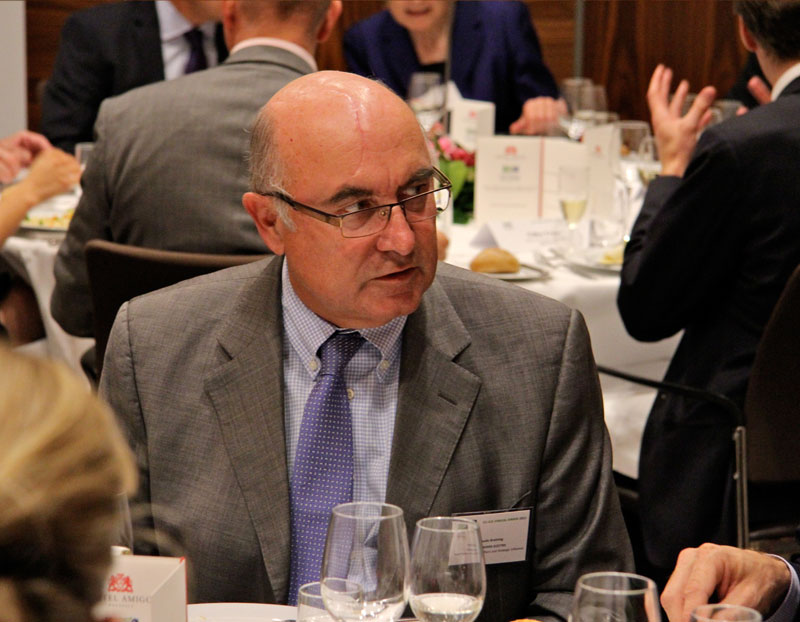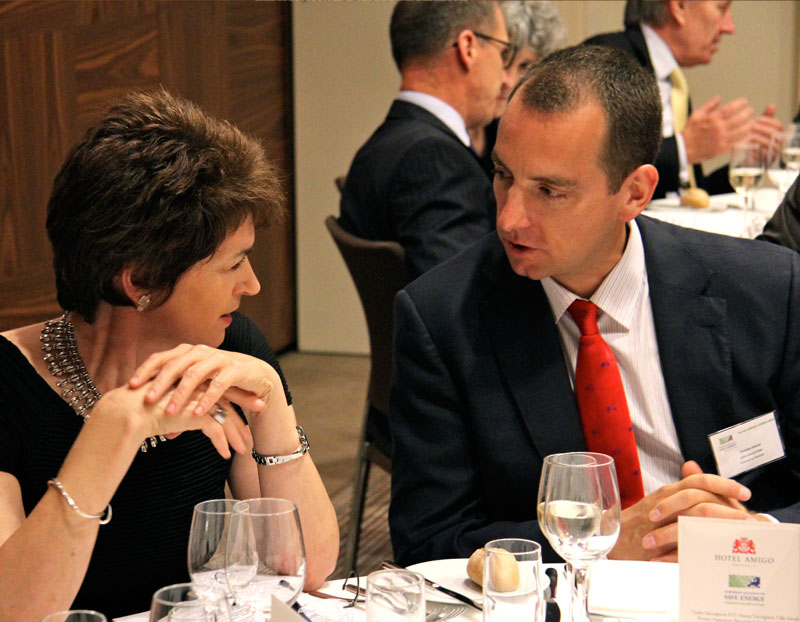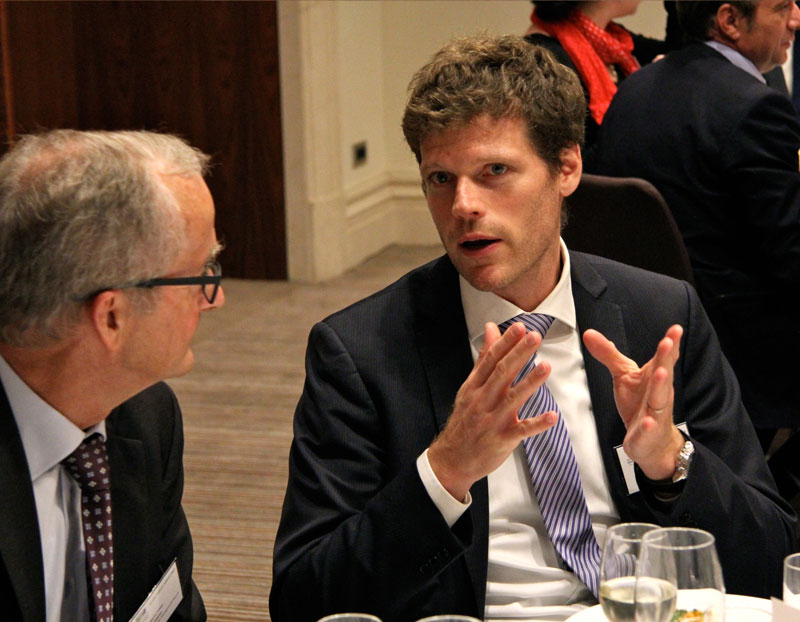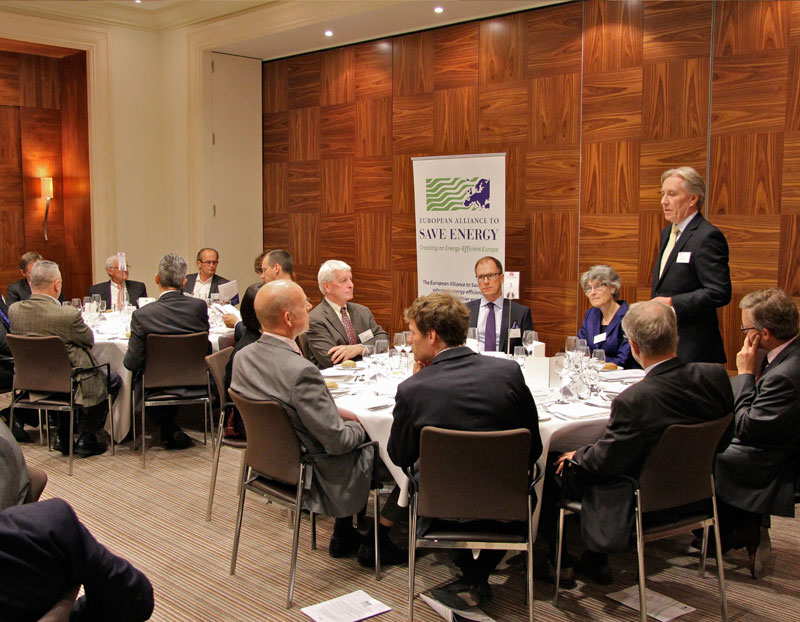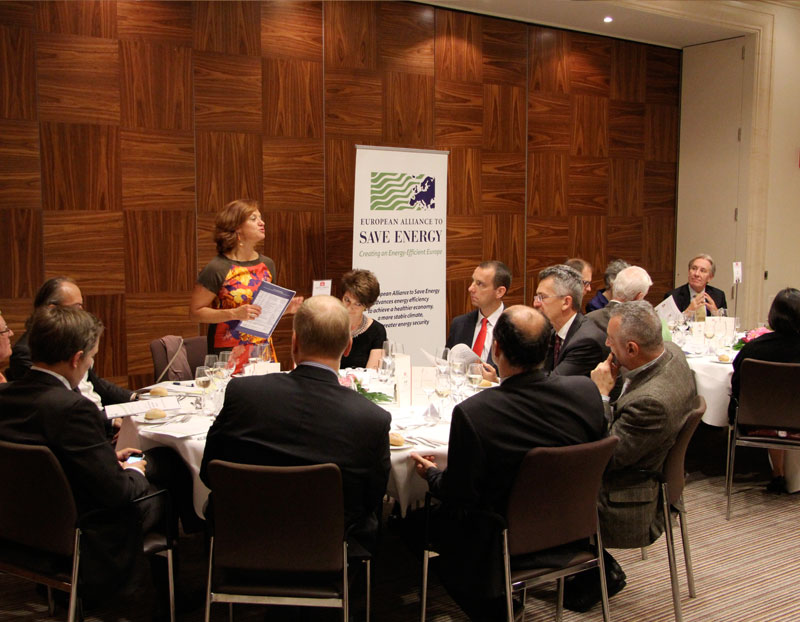Joint Breakfast debate: Common views on the Energy Efficiency potential in building and transport sectors
Enel and EU-ASE welcome the revision of the Directives on Energy Efficiency and Energy Performance of Buildings proposed within the Clean Energy for All Europeans package in view of setting an EU long-term framework for improving energy efficiency investments: key drivers of the low carbon economy transition. Buildings and transports offer a huge potential for efficiency gains: in-depth evaluation1 of the aggregated savings potentials in different sectors found that buildings and transport have the highest share for cost-effective energy savings, respectively 61% and 41%, followed by the tertiary sector (38%) and industry (26%).
In addition, in 2015 the International Energy Agency (IEA) estimated that, in Europe, approximately 70% of emissions cuts to stay below 2°C will need to come from energy efficiency which was described by the IEA itself as an energy source in its own right.
There is no technology gap and energy efficiency is a business opportunity not only for solution providers. Also the power sector, which has already come a long way in its transformation towards decarbonization, can be the key driver for further driving energy savings in these end-use sectors.
Enel and EU-ASE believe that an effective EU policy framework on energy efficiency should ensure predictability and security for investments, consistency, flexibility and market-driven cost-effectiveness, with a specific focus on the urban context where the majority of the population lives and significant co-benefits arise as improvement of air quality and minimization of related health risks.
Exploiting the synergies between the building and transport sectors and the electricity system means integrating efficient technologies and services through the smart grids, towards the development of smart cities.
BUILDINGS
Citizens spend 90% of their lives inside buildings which currently account for 40% of EU primary energy demand and represent 36% of CO2 emissions. 9 out of every 10 of the existing buildings in the EU will still be standing and occupied by 2050 and 75% of them were constructed with low (or no) energy efficiency requirements. This is why existing buildings should be put at the center of the EU’s energy efficiency strategy by setting a reliable and coherent EU framework for the definition of national long-term renovation strategies for the entire building stock.
A reduction of energy consumption through energy efficiency measures must be prioritized to firmly apply the “Efficiency First” principle in building renovation, while boosting their integration as active players in the modern energy system.
Renovation strategies should be developed within each specific national energy transition context by planning in terms of districts and entire energy systems, rather than focusing only on individual buildings to reap the full potential of high-efficiency energy supply solutions and maximize the energy saving potential of the entire energy chain.
Digitalization will play a key role in managing and integrating renewable and distributed generation, while reducing energy consumption and empowering end-users towards energy efficient behaviours. Such market changes will be accelerated by the increasing ‘smart readiness’ of buildings able to respond to market signals through demand response. As a result, the role and value of transmission and distribution networks and infrastructure will surge. The change is not only technological but also cultural: operators, but also regulators will need to quickly evolve to meet the new challenges.
TRANSPORT
Urban mobility accounts for 40% of all CO2 emissions of road transport. Electric vehicles (EV) are the solution to decarbonize transport, improve air quality and enhance energy efficiency as the efficiency of electric motors (80-90%) is much higher than the one of combustion engines (20-30%).
However, it is essential to stimulate their EU market penetration by removing the economic and non-economic barriers currently hindering a quicker uptake.
Smart grids play a crucial role within the EU’s decarbonisation process by supporting the development of e-mobility as well as a structural role in smart cities offering part of the infrastructure needed for the activation of new approaches of thinking and acting within urban ecosystem. On the demand side, smart grids and smart meters enable consumers to actively manage their own energy demand and put in place energy efficient behaviors. Demand side services provided by EV batteries and smart charging solutions can be a key catalyst for consumer’s empowerment, so important to drive energy savings.
